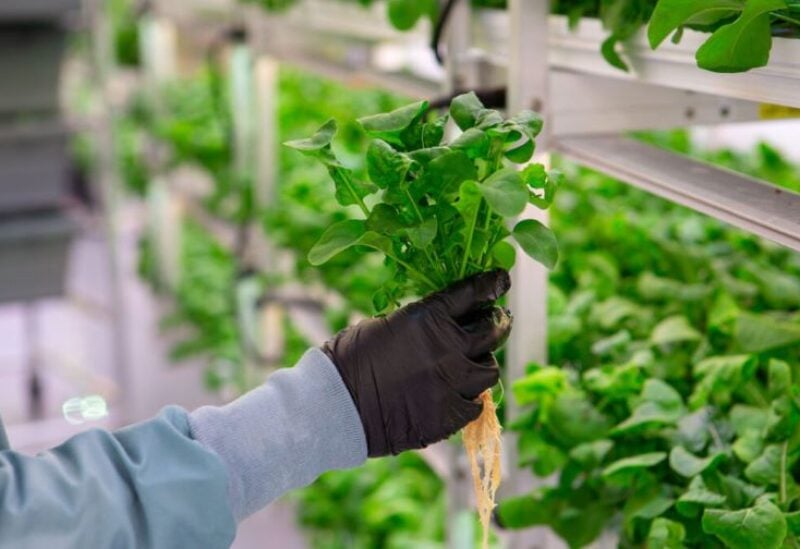
Hydroponics agriculture
Two Abu Dhabi universities will establish new research institutions in three critical sectors: precision medicine, food security, and sustainable energy generation.
Aspire, a subsidiary of Abu Dhabi’s Advanced Technology Study Council, has agreed to invest at least $54 million on the research over a five-year period.
Khalifa University will have one research institute, whereas UAE University will have two.
“With the increased emphasis on sustainability, we are now able to support world-leading research in these important areas,” stated Aspire CEO Arthur Morrish.
“We look forward to witnessing the [research institutions’] long-term effect and suggestions that can improve the quality of life with far-reaching consequences for health care, food security, and sustainable energy.”
The ATRC, which manages Aspire, was established in May 2020 as an independent institution to define the emirate’s technical objectives as it prepares the economy for a post-oil future.
Milos Ljubisavljevic will lead the new Precision Medicine Virtual Research Institute at UAEU. It will concentrate on revolutionizing biotechnology research in Abu Dhabi and how to boost people’s average lifespan and quality of life.
The institution will collaborate with the Abu Dhabi Health Authority (Seha) to establish research projects addressing significant illnesses and strategies to improve clinical treatment in the emirate.
To create and disseminate research, the institution will collaborate with Khalifa University, New York University Abu Dhabi, and the Cleveland Clinic, as well as Johns Hopkins University, Columbia University, and the University of North Carolina, among others.
According to an Aspire statement, the planned research institute “seeks to hammer home the essential need for a holistic healthcare system focusing on precision medicine — whereby diagnosis, prognosis, and treatment are personalised to match specific patient requirements based on scientific principles.”
Elke Neumann will lead the International Virtual Research Institute for Food Security in the Drylands, UAEU’s second institute. Its goal is to establish food security in dry areas.
The research institution will collaborate with Khalifa University, the Abu Dhabi Agriculture, Food Safety Authority, and the Abu Dhabi Environment Agency, as well as the University of California-Davis and Wageningen University.
The team will investigate novel approaches to increasing urban agricultural food sources. Protected urban plant cultivation, urban agroforestry, aquaculture, and insect and algal farming will be prioritized.
The institution will develop data platforms and simulation tools to monitor animal and food-borne illnesses, as well as antibiotic resistance. It will also estimate future consumer requirements and trends on a global and local scale.
The third Khalifa University institute, managed by Samuel Mao, will concentrate on sustainable energy generation, storage, and utilization. It will concentrate on the advancement of renewable energy and sustainable technology.
The institute will work with New York University Abu Dhabi and Abu Dhabi University, as well as the Massachusetts Institute of Technology and the Indian Institute of Technology.
The majority of the R&D effort will be focused on sustainable power production, energy storage, and smart grids, which are critical for Abu Dhabi’s long-term growth.